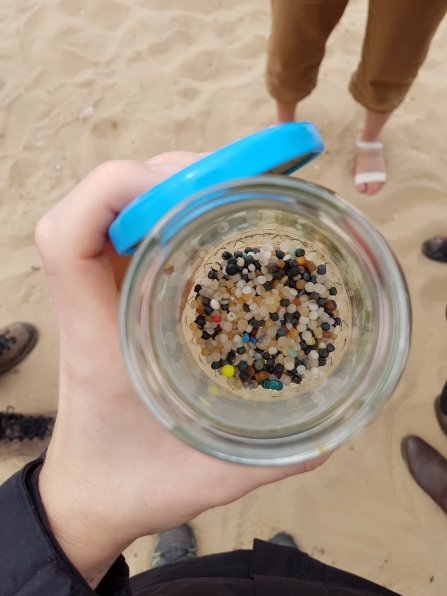Nurdles may sound fun, they may even look beautiful – tiny pellets of every colour of the rainbow, but they are actually a nightmare for our beaches and wildlife.
So, what exactly is a nurdle? They sound pretty harmless, right?
Nurdles are small plastic pellets that are used to make nearly all our plastic products. Spills and mishandling cause huge numbers of these nasty nurdles to end up accumulating in our oceans and washing up on our beaches each year.
You can look at larger plastic items and see how destructive they have the potential to be to our planet. A plastic bag could easily be confused for a jellyfish by a hungry, unsuspecting turtle, a plastic ring holding cans together could easily entangle a dolphin. But it can be harder to take these tiny pieces of plastic as the serious threat that they are.


